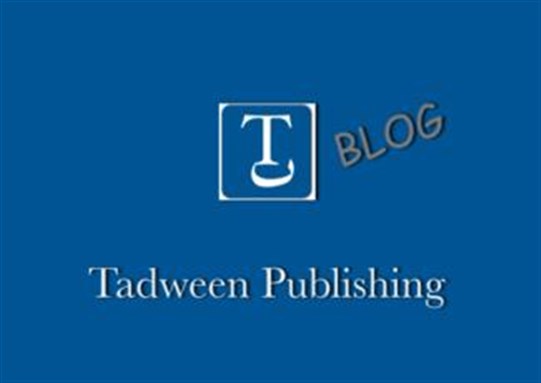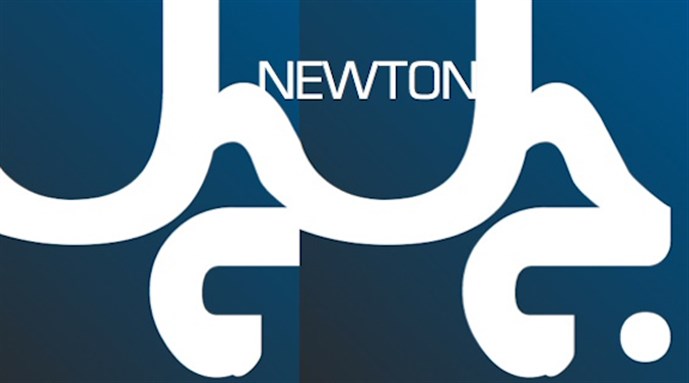[The following article was originally published on Tadween Publishing`s blog. For more information on the publishing world as it relates to pedagogy and knowledge production, follow Tadween Publishing on Facebook and Twitter.]
The growing phenomenon of MOOCs (massive open online courses) is no longer contained to the English language. After announcing partnerships that will create MOOCs in Chinese and in French, EdX recently announced that it will be partnering with the Queen Rania Foundation for Education and Development to offer Arabic-language MOOCs.
On 7 November, Queen Rania Foundation CEO Haifa Sia Al-Attia signed an agreement with EdX announcing the foundation’s creation of an Arabic-language MOOC portal. The Arabic-language portal, called Edraak, will follow a model similar to EdX’s open education platform by offering free online courses in Arabic.
Initially Edraak will offer Arabic translations of selected courses from EdX’s consortium of universities that offer MOOCs until the portal develops its own Arabic-language courses. As of now, there has been no mention of when Edraak is expected to launch.
“Engaging, fresh, relevant—and, most importantly, in Arabic—MOOCs on Edraak will open up a world of possibility for intellectually hungry Arab youth,” stated Queen Rania Al Abdullah of Jordan, who was also present for the signing of the agreement.
EdX is a non-profit virtual education initiative founded in 2012 by Harvard and MIT that represents one of the original platforms for MOOCs. While attracting both approval and criticism, MOOCs are swiftly becoming popular as education institutions across the world adopt its model for online education (read Tadween’s article on MOOCs here). Reports began circulating last month claiming that EdX was in negotiations with several educational institutions in the Middle East to offer Arabic-language online courses.
“There are a lot of students taking courses on our platform already in this region, so there’s a lot of interest in translating our platform and being able to offer courses in Arabic,” said Anant Agarwal, chief executive of edX, in an interview with The National.
Edraak is not the first attempt at providing Arabic-language MOOCs to the Arab world. In May 2013, Taghreedat and Coursea announced a partnership that would translate MOOCs from Coursea’s consortium of international universities into Arabic. A similar joint venture was announced in June 2013, when ALISON and Silatech created a similar partnership to provide Arabic-language MOOCs focused on developing youth employability in the Arab world.
In October EdX announced two partnerships that will use its online education platform to offer MOOCs in French and Chinese. A consortium of Chinese universities will use EdX’s open source platform for its online learning portal XuetangX. In a similar partnership, the French Ministry of Higher Education will also adopt EdX’s open source learning platform to develop MOOCs in French through an initiative titledFrance Université Numérique.
Such partnerships address one of the criticisms of MOOCs, which argues that despite promoting free online education there remains a language barrier and an income barrier for some to be able to take part in this new venture in online learning. Challenging the criticism that MOOCs only exist for those who can afford the internet, Coursea recently announced that it will partner with the U.S. government to create “learning hubs” to be located in over thirty sites around the world to offer students internet access for free online courses. The partnership hopes to address the criticism that MOOCs are only available to those who have access to the Internet, thus preventing low-income households and individuals without the Internet from taking part in MOOCs. In addition to offering Internet access, the “learning hubs” will also offer group discussions to create an environment similar to a classroom.
To follow the impact of MOOCs on higher education around the world, continue to follow Tadween’s blog and Tadween on twitter and facebook.

![Now Available at Tadween Publishing in Partnership with Tadamun: "Planning [in] Justice العدالة في التخطيط"](https://kms.jadaliyya.com/Images/135x94xo/covers210326041535580~.png)














